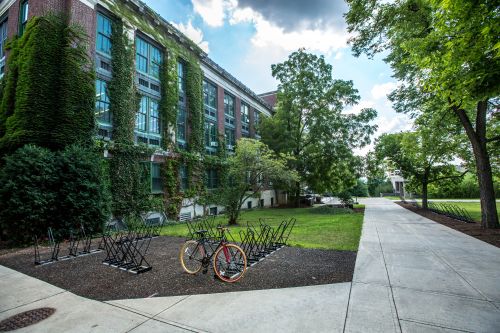
Yale University is a private school located in New Haven, Connecticut. With its designation as an Ivy League school, students from all over the world work hard to be desirable candidates for acceptance. With a competitive student body and the stress of adjustment to a rigorous curriculum, students can make mistakes. Being accused of academic dishonesty at Yale is a serious charge. What should a Yale student do if they are accused of academic dishonesty? Read on for the answer from an attorney for university students.
What actions violate the Yale Academic Integrity policy?
The terms of academic dishonesty are loosely defined. Some broad categories of actions that can be considered a violation include:
- Cheating
- Plagiarism
- Collaboration
- Self-plagiarism
How will a Yale student know if they are suspected of academic dishonesty?
The university suggests, but does not require, the instructors to interview any students involved in the suspected violation. Then the instructor is to report the allegation to the Executive Committee. Therefore, a student may know they are under suspicion or not. That depends if the professor decides to conduct interviews before referring the allegation.
What steps can a Yale student expect when facing an allegation of academic dishonesty?
There are five steps in the process:
- Initiation of Allegation – The Dean decides if there is enough evidence that academic misconduct occurred. If there is sufficient evidence, then the Dean will appoint an Inquiry Committee to examine the allegation further.
- Inquiry – This is the students best chance at fighting an academic dishonesty allegation. A committee is formed and will interview the accused student and any witnesses. If a student is prepared for their interview and can form an excellent statement, then they may be able to stop the process.
- Investigation – This is a formal investigation the Dean initiates after receiving the report from the Inquiry Committee. The purpose is to review the evidence and determine if charges of academic misconduct are supported. The student will have a chance to supply documents to the committee in their defense but may not be permitted to address the committee or be present during the hearing. The student’s participation is completely up to the committee members.
- Report of Investigation – This is when the student will receive the determination of the Committee, was the student found responsible or was the allegation not substantiated.
- Appeal – This is the students final chance at avoiding disciplinary sanctions. The student has the chance to submit an appeal to the Provost. Be aware however, the Provost will only review if procedures and standards were followed during the previous steps, not other issues like fairness or harshness of punishment.
Can you help me fight my academic misconduct charge at Yale?
Yes. I have helped students at Yale and other Ivy League universities successfully fight accusations of academic dishonesty. My specialized experience with the university integrity process gives students the best chance at success.
Call today for a free consultation. (855-338-5299
Richard Asselta is an award-winning attorney who defends Yale students facing academic dishonesty and code of conduct issues. Call today to avoid disciplinary sanctions.Click here to read what clients are saying about Richard on AVVO, an attorney review website. https://provost.yale.edu/policies/academic-integrity/dealing-allegations-academic-misconduct
